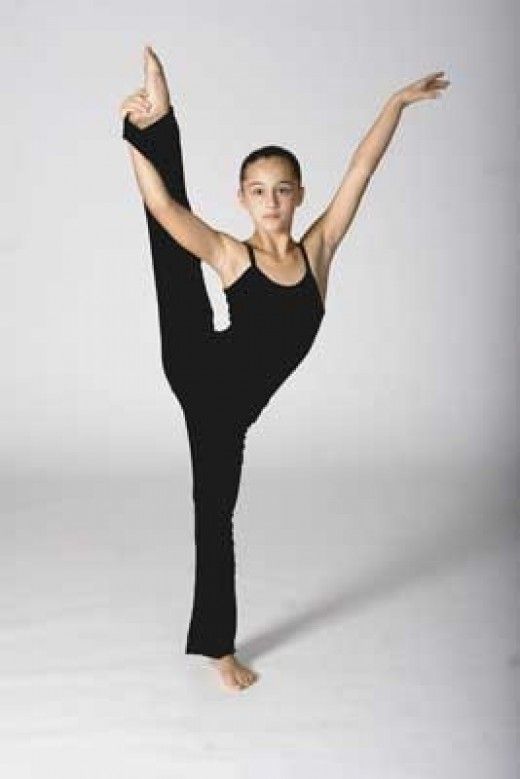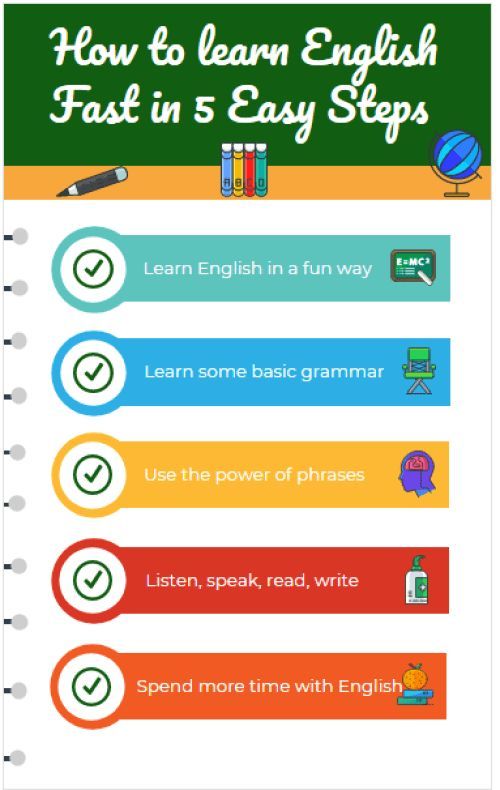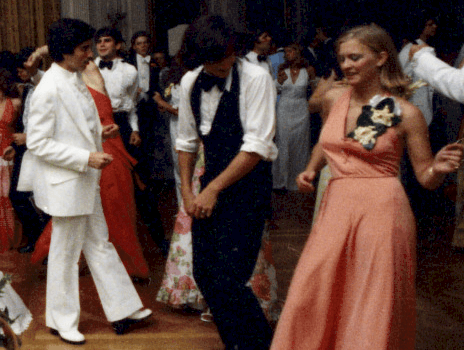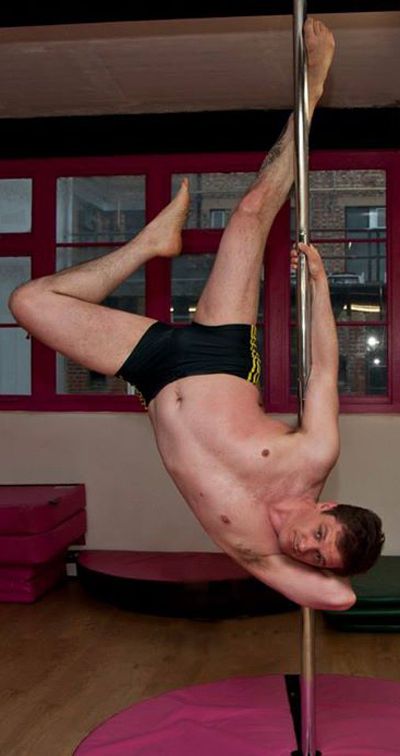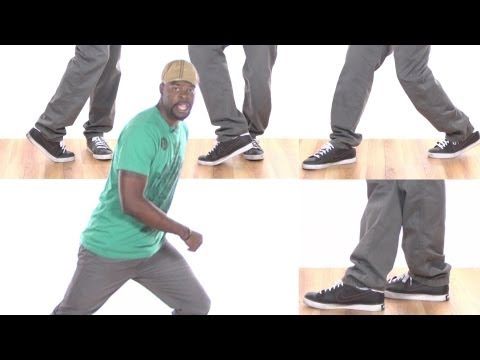How does dance help mental health
How Dancing Can Improve Your Mental Health
There are many reasons why dance can be great for your mental health. For one, it’s a form of exercise. Exercise is known to have a lot of benefits for the mind and body, such as reducing stress and anxiety levels. Dance can also be a fun way to express yourself. It can help you feel more confident and comfortable in your own skin. When you’re feeling down, dancing can help you feel happier and more positive. It can also help to improve your overall mood. Dancing is a great way to socialize and meet new people. Spending time with others can help reduce stress levels and promote positive emotions. Dancing with friends or family can also be a fun way to spend time together.
How Much Evidence is There that Dancing Affects Mental Health?
Dancing has long been thought to affect mental health. Dancers tend to be more empathetic than the average person, according to Fehr (2010). This may open them up to slightly higher rates of depression and anxiety than someone who is less emotionally aware. However, dancing is an active way of coping with these emotions rather than avoiding them or giving in to them. Dancing improves mood, increases energy levels and releases endorphins which make people feel better about themselves.
Can Dancing Make you Happy?
Dancing has been shown to have a positive effect on people with depression and anxiety. In one study dancing for just 25 minutes reduced the symptoms of depression by 47 percent and dancing for 45 minutes reduced the symptoms of anxiety by 57 percent. Other studies have found dancing can decrease cortisol levels which is a hormone released when we are stressed.
If you want to improve your mood, dancing is a great option. The benefits associated with dancing go far beyond making you feel happy. People who dance regularly tend to be less lonely, are more adventurous, more empathetic, and capable of forming stronger bonds with others than those who do not dance.
The Ways that Dancing Can Benefit your Mental Wellbeing
Are you looking for an activity that will not only improve your physical health but also your mental health? If so, then dancing may be the perfect choice for you! Here are just a few of the ways that dancing can benefit your mental wellbeing:
- Reduce stress and anxiety: When you dance, you are releasing endorphins and other positive hormones into your system.
 This can help to reduce stress and anxiety levels.
This can help to reduce stress and anxiety levels. - Improve mood: Dancing can be a great way to boost your mood. It is a fun and social activity that can make you feel happier and more positive.
- Increase self-confidence: Dancing can help you feel more confident in your own skin. It is a great way to express yourself and showcase your abilities.
- Enhance brain function: There is some evidence that dancing may improve brain function over time. It can help to keep your mind active and healthy.
- Help your heart: Dancing is a great form of exercise and can help to improve your overall cardiovascular health.
- Reduce pain and stiffness: Dancing can help to reduce pain and stiffness in the body. It is a great form of exercise for people who are dealing with chronic pain.
- Improve sleep quality: Dance can be a great way to relax and unwind after a long day.
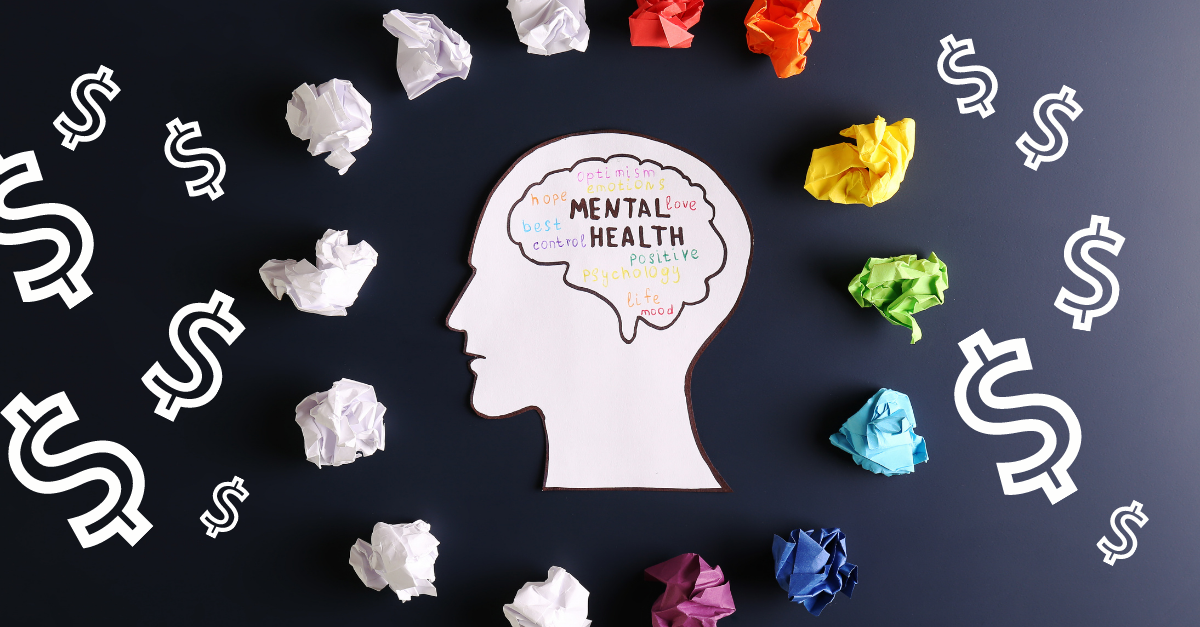 It can help to improve your sleep quality and make you feel more rested.
It can help to improve your sleep quality and make you feel more rested.
Health Benefits of Dance
Boost Memory: Retirees have a tendency to lose memory, but that’s not the case when they are constantly dancing. It has been discovered that dance is beneficial for maintaining memories in older adults.
Lose Weight: Dance It’s a fantastic exercise that will tone your whole body, that doesn’t require you to go to the gym. You can burn lots of calories by doing simple movements like salsa or waltz.
Better Balance: Dance requires you to have a good sense of balance, which can make it beneficial for people with mild or moderate Parkinson’s disease.
Increase Energy Levels: Dancing is an energetic activity that gives you more energy to do other things! So give yourself a chance to learn something new and take advantage of the health benefits of dance!
Improve Flexibility: Flexibility can be increased with dancing, and it’s a healthy way to maintain healthy joints.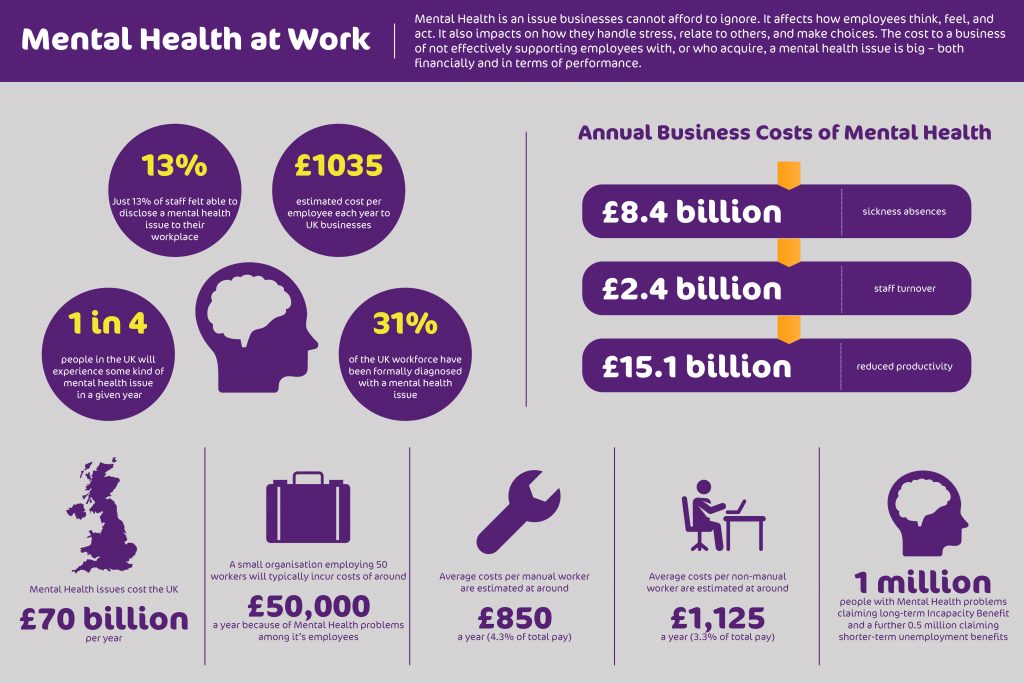 Even if you already have health problems that affect your joint health, dance is a safe exercise!
Even if you already have health problems that affect your joint health, dance is a safe exercise!
Combat Aging: The music makes us feel better about ourselves because it has been proven that listening to music releases dopamine in the part of our brain associated with pleasure and motivation.
How to Get Started Dancing
Dancing is a great low-impact exercise. As dancing is often done in groups it can be social and fun. Dancing is something everyone can do at any age. It’s best to start dancing in a class with others who know how to dance so you don’t feel self-conscious about your ability. But there are lots of ways people get started dancing without attending classes. If you’re not so confident dancing in public try dancing with someone you know to your favorite song at home. If dancing isn’t something you’ve ever thought about doing don’t let that put you off trying it now.
Come Try Our Dance Studio in Raleigh, NC
If you are looking for an enjoyable activity that will also benefit your mental health, then consider dancing! There are many different types of dance to choose from, so find one that fits your interests and abilities.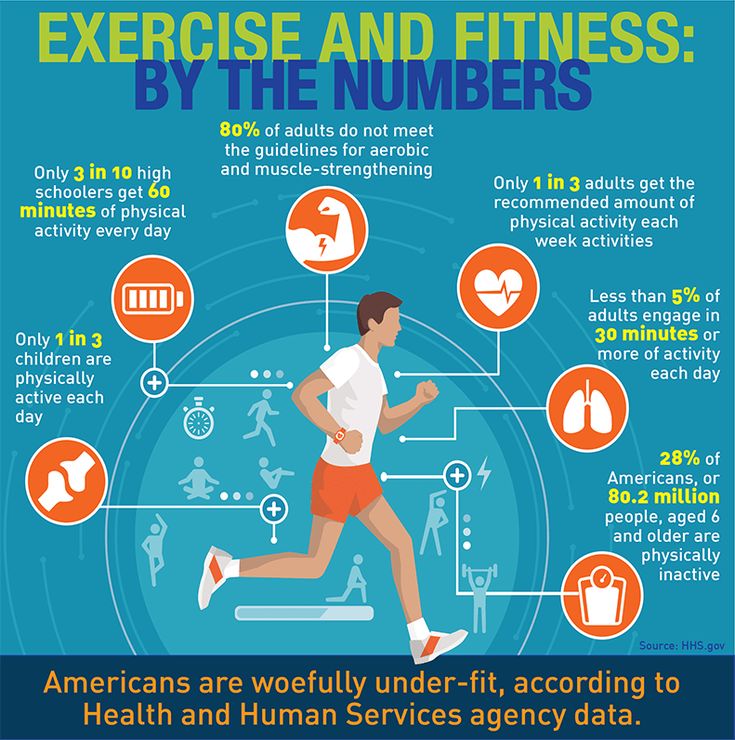 Get in touch with our team today and join our dance classes. Give us a call at (919) 872-0111 today!
Get in touch with our team today and join our dance classes. Give us a call at (919) 872-0111 today!
Contact Us Today
No Partner Necessary
Can Dancing Improve Your Mental Health?
Written by WebMD Editorial Contributors
Medically Reviewed by Dan Brennan, MD on October 25, 2021
In this Article
- Benefits
- Potential Risks
- Tips on Using Dance to Improve Your Mental Well-Being
Dance has existed for thousands of years. Moving your body creatively is a popular way to express yourself and exercise. Up to 10 million Americans have danced at a studio or have taken a class. Even more just dance for fun at home or with friends.
Beyond just movements and music, dancing offers many benefits for mental health and brain function.
Benefits
Dancing offers plenty of benefits for your emotions, intelligence, and relationships. Learning and practicing dance can:
Improve self-esteem.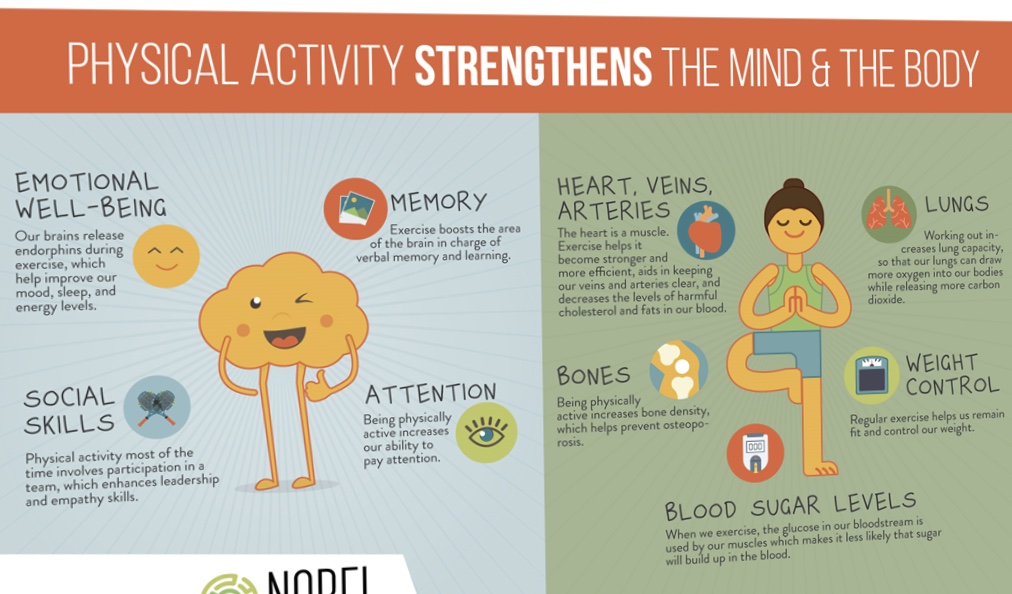 The amount that you respect and value yourself is your self-esteem. Showing yourself that you can learn and master new moves and skills through dance can improve your self-esteem and confidence.
The amount that you respect and value yourself is your self-esteem. Showing yourself that you can learn and master new moves and skills through dance can improve your self-esteem and confidence.
Help you meet new people. Social interaction between groups of people is important to your mental well-being. Talking and spending time with others improves your mood. It also makes you feel like you belong and eases loneliness.
Dance classes, where you learn and move alongside others, are a great way to gain these mental health benefits.
Improve your mood and attitude. Dancing can improve your mood while you learn, move, and perform. In fact, many people take dance classes because they put them in a good mood.
Ease depression and anxiety. Dance is an effective type of exercise that raises your heart rate and works your muscles. Exercise can help with symptoms of depression and anxiety by releasing certain chemicals in your brain.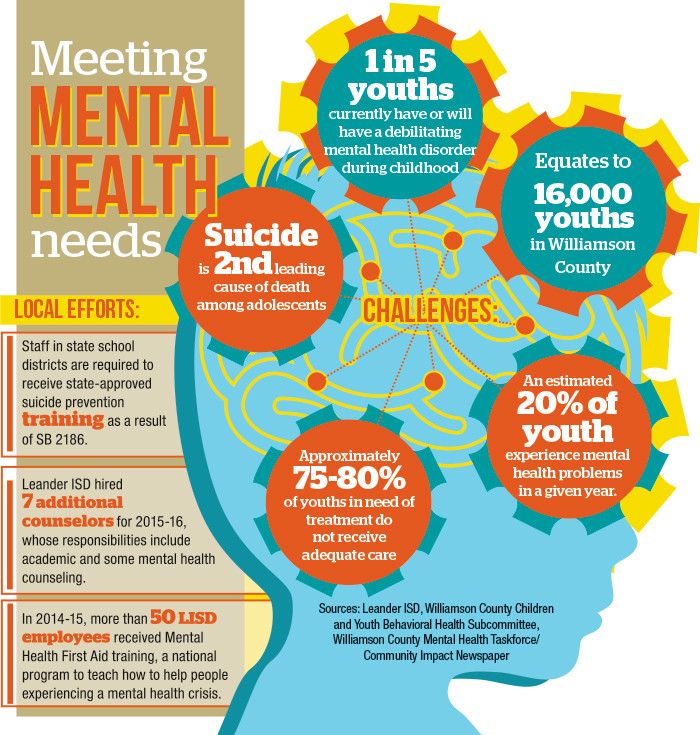 It also provides a way to escape repetitive negative thoughts and worries. These are thoughts that run through your mind over and over.
It also provides a way to escape repetitive negative thoughts and worries. These are thoughts that run through your mind over and over.
Protect your memory. As we age, it gets harder to remember names, places, and other details. Learning new things, like different moves and styles of dance, sharpens your brain’s ability to remember these kinds of details. This can help prevent dementia.
The mental advantages of dancing depend on the type of dance you learn. Styles like ballroom dancing require a large degree of improvisation. These improve your decision-making skills more than completely memorized movements and routines. On the other hand, interpretive modern dance styles offer more benefits for creativity.
Potential Risks
Injury. Just like any other form of exercise, dance involves risks of injury. Some of the most common injuries dancers get are to their hips, feet, ankles, and knees. Don’t overwork your body. Call your doctor if you have pain or soreness that keeps you awake at night, doesn’t go away, or gets worse when you’re dancing.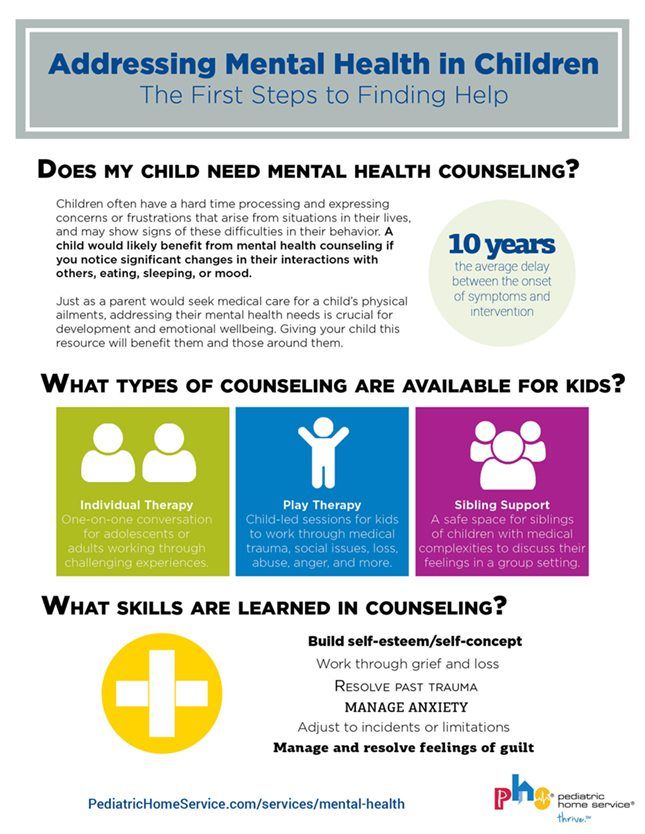
Self-consciousness. Even professional dancers sometimes feel self-conscious and insecure when trying different styles or learning new techniques. If you feel uncomfortable while learning something unfamiliar, try to focus on the movements themselves instead of how you think you look.
Tips on Using Dance to Improve Your Mental Well-Being
You can dance almost anywhere! Try many different styles and settings to see what you like best. Whether you’re alone or with a group, making it up on the spot, or performing a routine, you can incorporate dance into your life.
Take a dance class. If you want to interact with others while you dance, consider enrolling in a virtual or in-person class. Health clubs, community centers, schools, and other organizations often offer studio dance classes for all experience levels. A Google search for dance classes in your area will bring up your nearest options.
Dance with yourself. Dancing can be just as fun by yourself as it is with others. Turn on a catchy song and move your body to the beat and sounds. When no one is watching, it can be easier to enjoy the experience and not worry about how you look.
Turn on a catchy song and move your body to the beat and sounds. When no one is watching, it can be easier to enjoy the experience and not worry about how you look.
Learn a routine. If you want to challenge yourself, go beyond your improvised dance moves. Try teaching yourself a dance routine that someone else created. You can download apps or watch videos that explain a routine step-by-step. You can also learn movements and sequences from watching a dance performance over and over.
Don’t be overly critical. Many people dance for the sense of meaning that it brings to their lives. Natural talent is not required! Dance because it feels good. Don’t let your worries about looking silly stop you from having fun. Even professional dancers make mistakes. They use them to learn and improve themselves, and so should you.
11 Benefits of Dancing for Mental Health We are constantly looking for ways to reduce their impact on mental and physical health.
 Meditation, yoga, music, sports are great ways to restore the balance of the body. Have you ever thought about dancing?
Meditation, yoga, music, sports are great ways to restore the balance of the body. Have you ever thought about dancing? We continue to fight the occupier on the information front, providing only verified information and analytics.
The war deprived us of the opportunity to earn money, we ask for your support.
Support delo.ua
Dancing is a great way to have fun and get away from everyday life. A variety of modern trends can satisfy every person with any level of physical fitness. What are the mental health benefits of dancing and which style to choose for yourself?
Mood improvement
When your feet dance to the beat of the music, your body releases happy hormones that help improve your mood. Along with this, dancing also helps reduce the symptoms of anxiety and depression.
Reducing stiffness and reducing pain
We all cannot deny the fact that dance moves make the body flexible.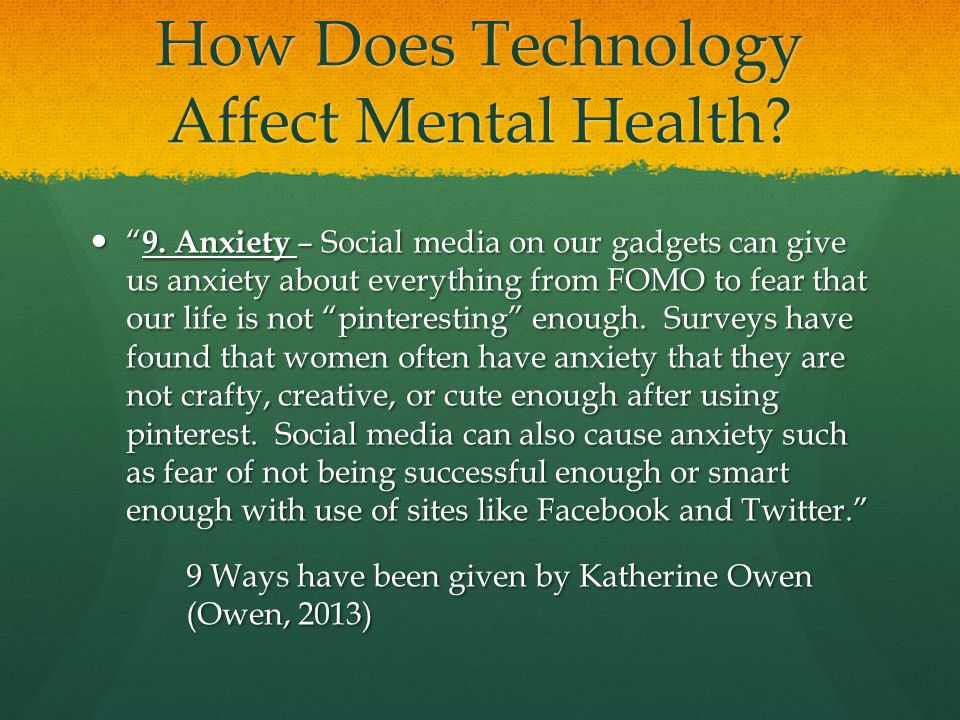 Such movements reduce stiffness, chronic pain and have a positive effect on chronic diseases.
Such movements reduce stiffness, chronic pain and have a positive effect on chronic diseases.
Subscribe to our YouTube channel
Dance style: ballet or modern dance.
Increasing muscle strength and aerobic power
When the body moves with the rhythm, it helps to strengthen the muscles and improve the body's aerobic strength. In addition, aerobic dancing gives energy and improves mental health.
Latest news
All newsDance style: aerobics, freestyle, tap and hip-hop.
Keeping your mind sharp
Dance therapy sharpens memory (when you start memorizing all the steps) and improves creativity. Dance is beneficial for children with autism and other mental illnesses (attention deficit hyperactivity disorder (ADHD) or social anxiety) as it improves learning and strengthens the nervous system.
Dance style: ballroom, hip-hop, modern.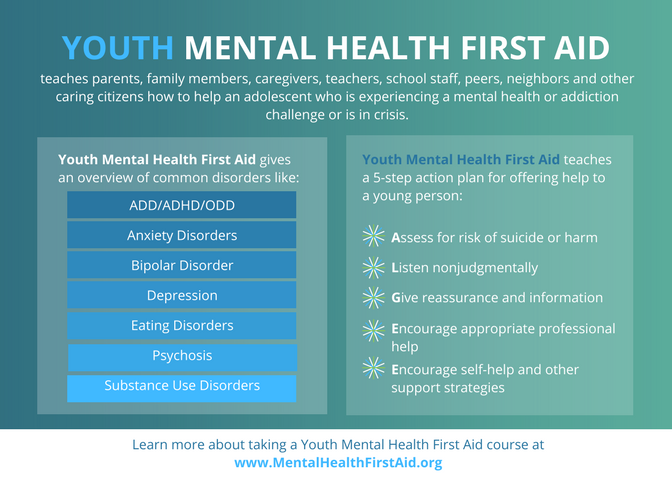
See also
-
- Category
- Health
How to learn to enjoy sports
Improving the functioning of the respiratory and cardiovascular systems
When we match the dance steps to the rhythm of the music, it helps to reduce breathing problems. In addition, dance saves us from various heart diseases, as it improves blood circulation in the body.
Dance style: freestyle, ballet, salsa, Irish dance.
stress reduction
As mentioned above, dancing releases happy hormones, which also help relieve stress. It uplifts the mood, adds optimism and inner peace.
Dance style: aerobics, freestyle, hip-hop, modern, salsa.
Formation of social bonds
Dance therapy helps to create strong social bonds with like-minded people who are also passionate about dance.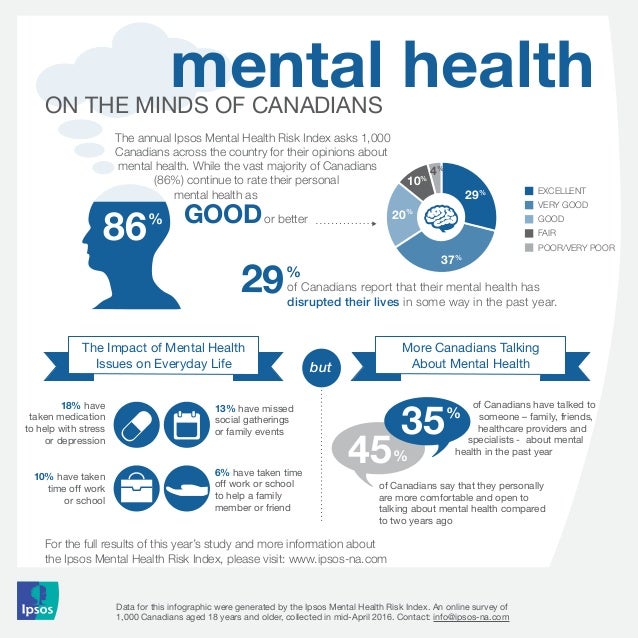 In addition, people with social anxiety, ADHD, and other mental illnesses can strengthen bonds with their loved ones, family members, and friends through dancing.
In addition, people with social anxiety, ADHD, and other mental illnesses can strengthen bonds with their loved ones, family members, and friends through dancing.
Dance style: salsa and ballroom.
Improving brain function
Dance therapy focuses on emotional expression and body movement to help relieve depressive symptoms. As mentioned above, dance sharpens memory, just as dance therapy improves brain function, since physical and mental health are closely related to each other.
Dance style: aerobics, freestyle, tap and hip-hop.
Reducing the likelihood of neurological disorders
Scientific evidence shows that dance therapy improves brain function and the transmission of chemicals that help stabilize mental health. Improving the transfer of chemicals in the body reduces the likelihood of neurological and psychiatric disorders.
Dance style: hip-hop, tap and freestyle.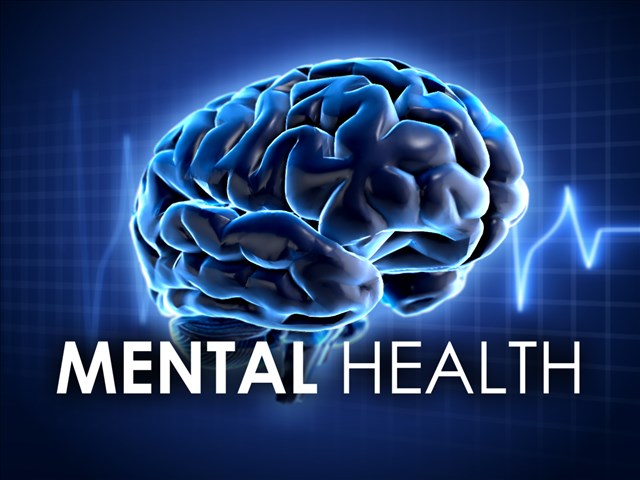
See also
-
- Category
- Health
Exclusive Chronic fatigue: 4 real steps to get rid of it - recommends a psychologist
Reducing dizziness
Dancing helps you stay alert and motivated. Dance movements improve cognitive and mental abilities. Dancing strengthens the body and reduces the likelihood of dizziness.
Dance style: modern, aerobic, freestyle.
Increasing self-confidence and self-esteem
In addition to the various mental and physical health benefits of dancing, dance also helps boost self-esteem. Because of this, people with social anxiety can more easily deal with fear and anxiety.
Most importantly, while dancing, the body releases various mood-enhancing chemicals.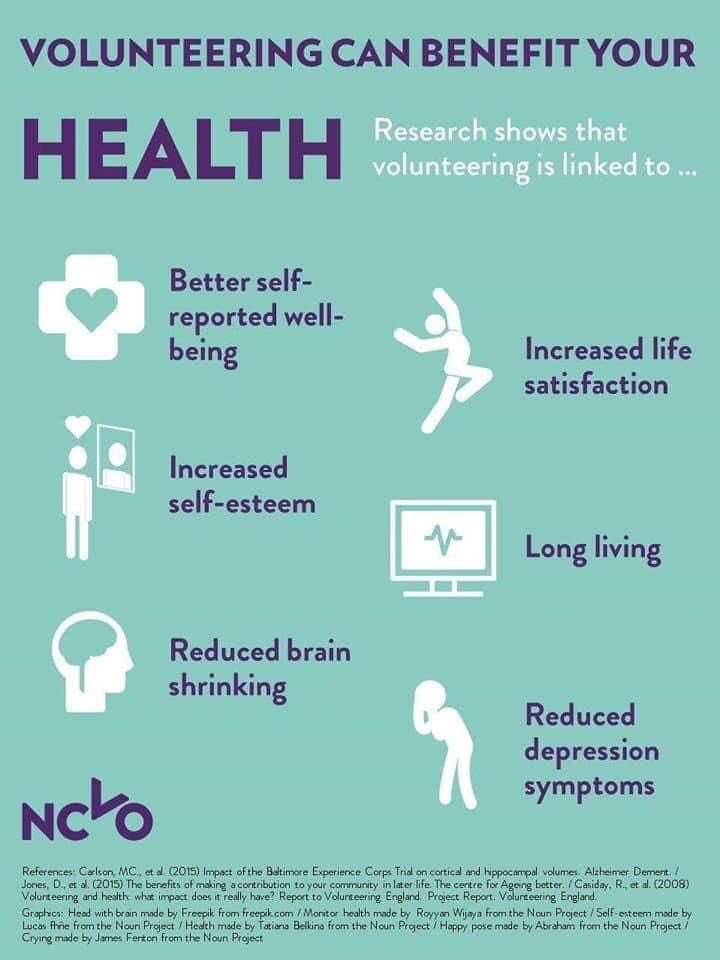 And this, in turn, improves mental health and helps reduce stress and depression.
And this, in turn, improves mental health and helps reduce stress and depression.
Once you start dancing every day, your ability to concentrate will constantly increase. You will learn to be in the present moment and begin to enjoy every minute. Dancing is not only about burning calories, it is an anti-stress practice and a mood-boosting activity. Dance and stay positive!
Dancing lessons, emotions, psyche, health
Blog
All about dancing0066
What are the health benefits of dancing?
Dancing is a great way for people of all ages to keep fit. Dancing is not only exciting and enjoyable, but also very healthy. In this article, we will tell you exactly what benefits dancing can bring to your body.
Dance is one of those things that can really brighten up the monotonous life of any person. Dance is good for emotional state, mental and physical health and for well-being and self-awareness in general. When you decide to add physical activity to your life, you try to choose something more exciting. And what could be more exciting than dancing?
When you decide to add physical activity to your life, you try to choose something more exciting. And what could be more exciting than dancing?
Why dancing is good for general well-being
Dancing protects your heart Dance is a great activity for those who are at high risk of cardiovascular disease. An Italian study has shown that people with heart failure who engage in dance as a form of exercise improve their heart health and improve their breathing. Their quality of life also improves significantly compared to those who exercise on exercise bikes or treadmills.
Dance helps to lose weight If you regularly practice dancing, then they will help you lose weight. A study published in the Journal of Physiological Anthropology found that dance-based recreational aerobics is just as effective for weight loss and fitness as cycling or running.
Dancing gives you energy Do you feel like you lack energy during the day? Dancing will help you regain it.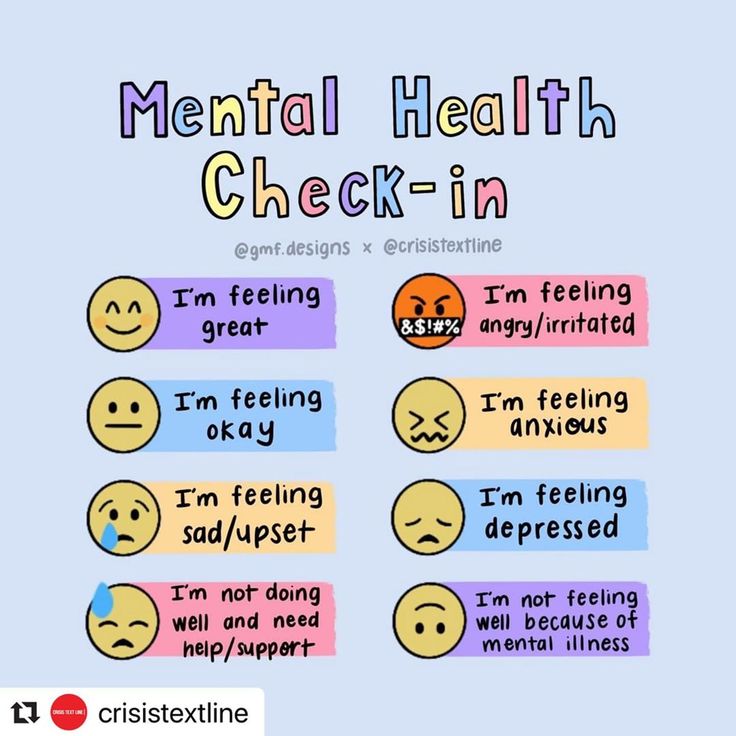 A study published in The Scholarly Publishing and Academic Resources Coalition found that weekly dancing can improve physical fitness and make adults more energetic.
A study published in The Scholarly Publishing and Academic Resources Coalition found that weekly dancing can improve physical fitness and make adults more energetic.
Dance makes you more flexible, strong and resilient Dancing requires you to be flexible at times. Most dance classes begin with a warm-up that includes stretching and flexibility exercises. When you dance, you must try your best so that all muscle groups are involved. Dancing makes you stronger by making your muscles resist the weight of your own body. Many dance styles, including jazz and ballet, involve jumping. And in order to jump, the muscles of your legs must be especially strong. Dancing is a physical exercise, so it makes you more resilient. Endurance is the ability of the muscles to work each time for a longer and longer period without fatigue. If you practice dancing regularly, especially in an energetic style, you will become much more resilient.
Why dancing is good for your emotional state
Dancing makes you happy Dancing is a special act that everyone enjoys. If you watch a man dancing, you will surely notice a big smile on his face. Smiling and laughing while dancing is absolutely normal! Just dancing allows you to truly enjoy life and yourself. Unlike other physical exercises, there are no age restrictions in dancing. A person at any age can dance and enjoy the benefits that this activity brings to his health.
If you watch a man dancing, you will surely notice a big smile on his face. Smiling and laughing while dancing is absolutely normal! Just dancing allows you to truly enjoy life and yourself. Unlike other physical exercises, there are no age restrictions in dancing. A person at any age can dance and enjoy the benefits that this activity brings to his health.
Dance relieves you of stress and depression Dance has been proven to prevent mild depression and make the dancer more confident. Depression is becoming more and more common in teenagers and adults of all ages. A study published in the International Journal of Neuroscience has shown that dance therapy not only helps with depression, but also helps fight stress by regulating serotonin and dopamine levels in the body. Considering that dancing is also a social act, it helps to get rid of the feeling of loneliness that so often affects people and depressions and at times - elderly people living alone.
Dancing makes you feel good about yourself Dancing helps you become more confident. Every time you learn a new move, you gain more confidence and your mood gets better. And this heightened self-confidence extends to all areas of your life. Dance is a social act, as we have said. Research has shown that strong social connections and hanging out with friends help boost self-esteem and give you a positive outlook on life. Dancing gives you many opportunities to meet other people. Sign up for dance classes - it will help you raise your self-esteem and make new friends. Given that exercise relieves tension and stress, dancing will make you feel good overall.
Every time you learn a new move, you gain more confidence and your mood gets better. And this heightened self-confidence extends to all areas of your life. Dance is a social act, as we have said. Research has shown that strong social connections and hanging out with friends help boost self-esteem and give you a positive outlook on life. Dancing gives you many opportunities to meet other people. Sign up for dance classes - it will help you raise your self-esteem and make new friends. Given that exercise relieves tension and stress, dancing will make you feel good overall.
Benefits of dancing for mental health
Dancing improves memory Dancing can improve memory and prevent dementia, according to a study published in the New England Journal of Medicine. Scientists have found that aerobic exercise helps prevent shrinkage of the hippocampus, the part of the brain responsible for memory. The hippocampus naturally shrinks throughout adulthood. This often leads to memory problems, and sometimes to dementia.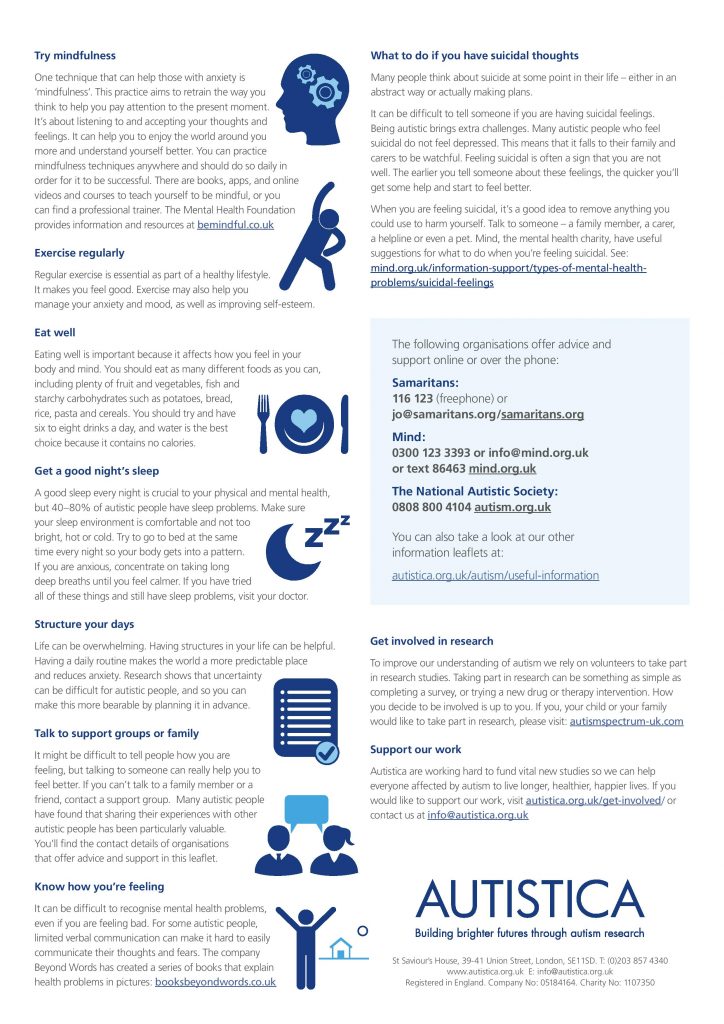
Dancing helps fight Alzheimer's A study in older adults published in the New England Journal of Medicine found that dancing often helps to avoid symptoms of Alzheimer's disease and other forms of dementia. In addition, dancing makes people of any age smarter. This study also showed that people suffering from Alzheimer's are able to retrieve forgotten memories when they dance to familiar music.
Dancing makes you smarter For centuries, textbooks and other writings about dance have lauded the health benefits of the activity, treating dance as a physical exercise. Today, thanks to scientists, the benefits of dance for the mind have also been proven. The main quality of an intelligent person is the ability to make decisions. The ideal way to develop this skill is to take on a job that requires you to make decisions quickly (in seconds) all the time. So, to become smarter, you can just work on your dance style without memorizing the sequence of movements.
